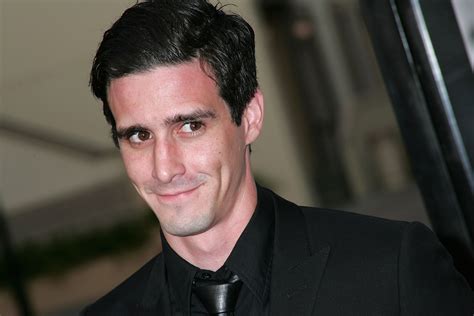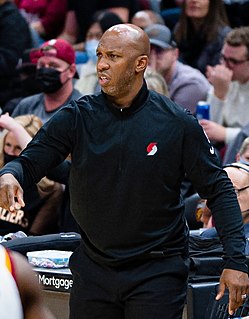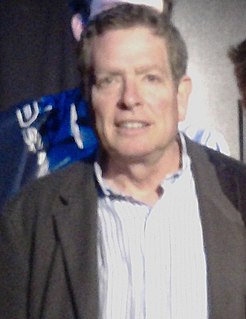A Quote by Michael Connelly
When you're working on a novel, you never think about how much it would cost to shoot one of your scenes. But that's a huge consideration in film and TV.
Related Quotes
People need to understand. If they go to a show on Broadway and find seventy people working but only fifty spectators, how much would the ticket cost? That's what El Bulli's about. There are seventy actors who are playing for just fifty spectators. Is the price expensive? It's relative. How much does a normal dinner at a five-star hotel restaurant cost? Four hundred dollars. It's the same as El Bulli. But you can also think of it this way: How much would it cost to eat something that nobody else is eating?
I'm always trying to make something that is impossible to film. Why would somebody just read a novel when they can see it on TV or in the cinema? I really have to think of the things fiction can do that film can't and play to the strengths of the novel. With a novel, you can get right inside somebody's head.
Somebody comes to your house. You know they're coming, so it's not a surprise. And they give you an envelope that has your scenes in it. And they sit in the car outside for a half an hour while you read your scenes, then they ring your doorbell and you give your scenes back. Then you shoot the movie a few weeks later or something. The next time you see your scenes is the night before you start shooting. I never read the script [Blue Jasmine], so I didn't really know what it was about.
It's never the practice to shoot the scenes in the proper order. Sometimes you shoot the final scenes of a film before you've even started the beginning. So you get good at it because you have to sort of just eliminate the memories of something you've done as an actor, which you haven't done as the character yet. But it sometimes is a bit of a mind-f**k.
Some TV shows are like really good novels in that there are enough episodes that you start to have your own feelings about how the characters should act. When the scriptwriters go slightly wrong, when they make the character make a left turn that he or she wouldn't do, you know enough about the characters to say, "No, that's not what she would do there. That's wrong." You can actually argue with a TV show in a way that you can't do as much with movie - you inhabit a TV show in the way you inhabit a novel.
In the case of my second film The Fish Child (El Niño Pez), I had written the novel about 5 years before I made into a film. In the case of The German Doctor I had published the novel a year before I started writing the script, I even had another project to shoot. But I had this idea of the powerful cinematic language from the novel that I couldn't let go of.


































